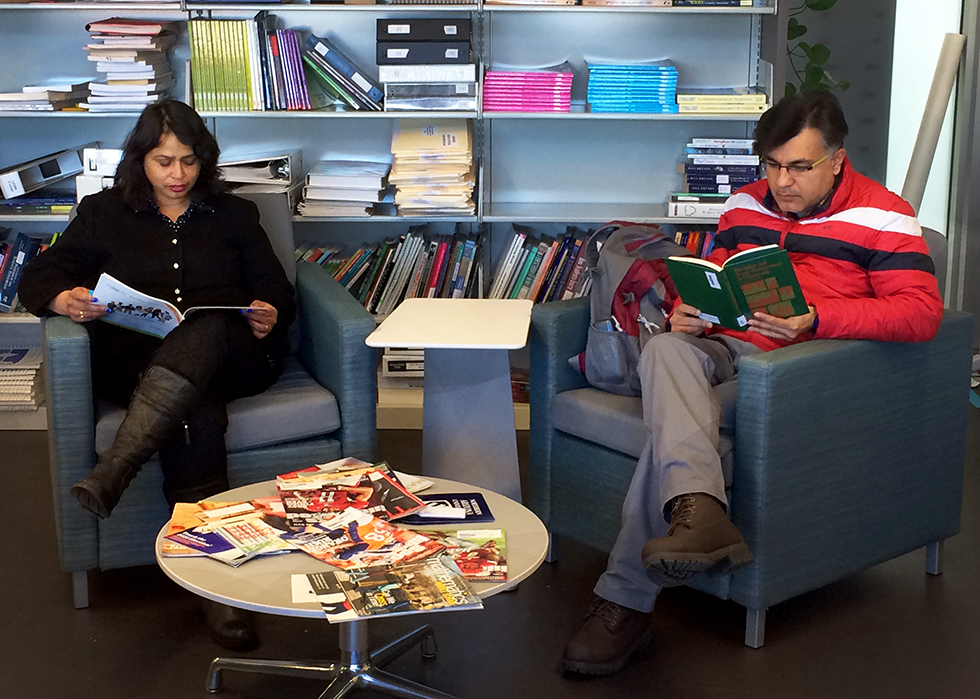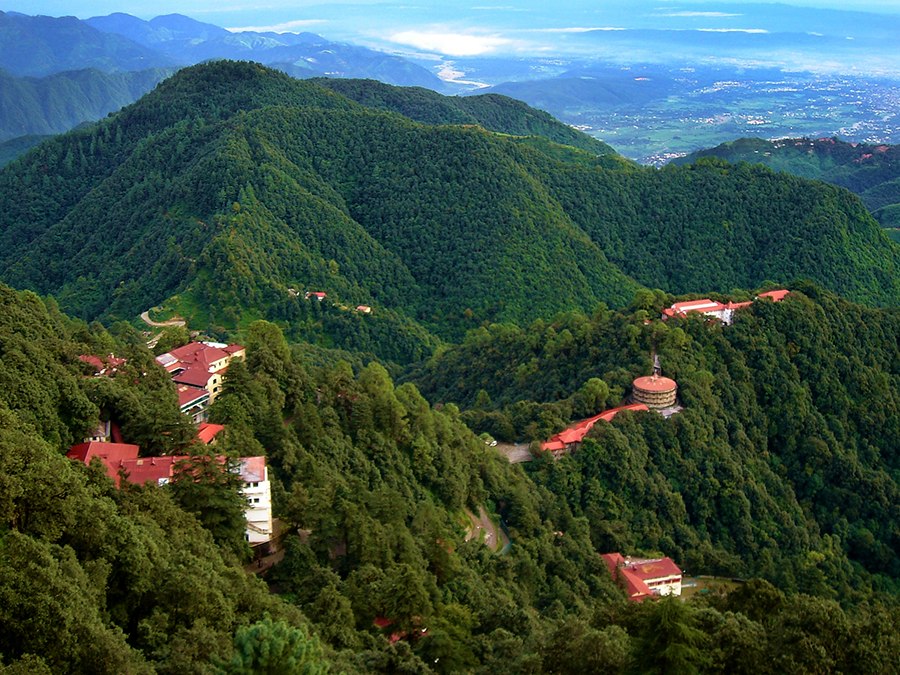When asked why he thinks STEM education is important, after a quiet chuckle, Pradeep “Max” Dass stated, “I think the real question should be why is STEM not important?”
Dass is the director of the Center for Science Teaching and Learning (CSTL) at Northern Arizona University, which focuses on equipping undergraduate and graduate students pursing teaching degrees with proper knowledge of science and mathematics education in hopes of providing a well-rounded curriculum for their future students.
“We are living in a world where, from the time we get up in the morning to the time we go to bed at night, I would venture to say there is nothing we do that is not somehow influenced or connected to either science, technology, engineering or mathematics,” Dass said. “We just can’t do anything without it!”
As stated in its mission statement, one component of the CSTL is to become an international leader in science, teaching, engineering and mathematics (STEM) education.
In fall 2015 and spring 2016, Dass, who is a native of India, visited the Woodstock International School in the foothills of the Himalayas where he previously taught high school biology. He held workshops and conducted professional development activities for teachers. Dass extended an invitation to the school for interested teachers to come to NAU and learn how STEM subjects are taught in the U.S., and specifically Flagstaff schools.
“Many of the teachers in this international school in India are teaching an American curriculum without ever having been to the United States or exposed to American education in any way,” he explained.
Per Dass’s invitation, Woodstock School sent three teachers—Nishtha Daniel, Tarun Seth and Todd Schumacher— who traveled more than 8,500 miles to spend the month of January in Flagstaff.
Following a schedule outlined by the CSTL, the visiting teachers divided their time between shadowing educators in Flagstaff high schools and middle schools and attending undergraduate and graduate science and mathematics teacher education classes at NAU.
“The idea is that after participating in this program, they will take back some of the strategies and ideas they were exposed to over here and implement them in their classrooms back home,” Dass said. “The ultimate goal is to enhance the teachers so their students get a better understanding of STEM and enter the world fully prepared for what’s to come.”

And enhance they did.
After taking American STEM practices back to India, a visiting teacher wrote Dass to say she has noticed a significant increase in student participation in her classroom since being home and applying what she learned in Flagstaff. “They are involved in learning and discussing the scientific ideas. I find myself happy and satisfied [to teach it],” Nishtha Daniel wrote.
Dass has big plans to continue expanding the center’s international outreach. He hopes to host Woodstock teachers annually and extend the invitation to more schools throughout India in years to come.



